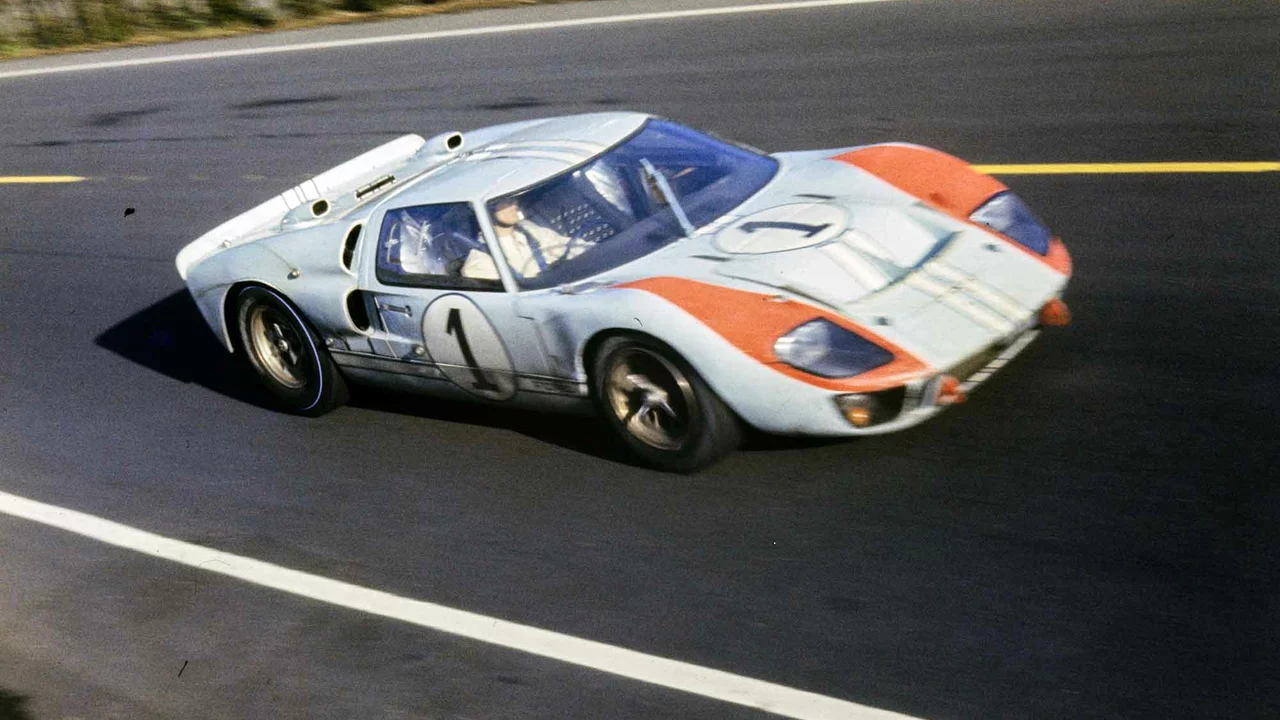Motorsport History: The Stories Every Fan Should Know
Ever wonder why some races still get talked about decades later? It’s not just the speed – it’s the drama, the characters, the unexpected twists. In this guide we’ll walk through a few of the most memorable moments in motorsport history, give you the facts, and explain why they matter to today’s fans.
Legends Who Changed the Game
Names like Ayrton Senna, Juan Manuel Fangio, and Dale Earnhardt instantly spark images of raw talent and fierce competition. These drivers didn’t just win; they set new standards for how a race could be run. Senna’s rain‑soaked 1984 Monaco win, for example, still serves as a masterclass in car control. Knowing the backstory helps you appreciate the skill behind every overtaking move you see on TV today.
The Ken Miles Le Mans Mystery
Speaking of unforgettable moments, let’s talk about Ken Miles and the 1966 Le Mans race. Most people assume Miles walked away with a trophy, but the reality is more tangled. He crossed the finish line first in the Ford GT40, but a technical rule about starting order meant the win was awarded to co‑driver Denny Saunders. The result still fuels debate among historians and fans alike. If you’re new to the story, the key takeaway is that racing outcomes can hinge on paperwork as much as on horsepower.
Why does this matter now? Because the Miles episode shows how regulations shape the sport. Modern series like Formula 1 constantly tweak rules on aerodynamics, power units, and even pit‑stop timing. Understanding a historic controversy helps you spot similar patterns in current races.
Beyond the big names and headline battles, motorsport history is full of smaller, practical lessons. Take tire strategy, for instance. In the 1979 24 Hours of Le Mans, a team saved minutes by swapping tires during a night stint instead of waiting for a full‑service pit stop. That decision turned a mid‑pack car into a podium finisher. Today’s engineers still use similar data‑driven choices, proving that clever tactics often trump raw speed.
Another practical tip for fans: pay attention to how technology evolves. The shift from naturally aspirated engines to turbocharged units in the 1980s reshaped power delivery and car handling. When you watch a modern race, notice the whistle‑like turbo lag and how drivers adapt their braking points. Those details connect the past to what you see on the track now.
If you’re building your own motorsport knowledge base, start with a timeline. Mark key events like the first Indianapolis 500 in 1911, the debut of the World Rally Championship in 1973, and the birth of electric racing with Formula E in 2014. Seeing the progression helps you place each story in context, making the sport feel less like a collection of random facts and more like a cohesive narrative.
Finally, keep the conversation going. Websites like Cooper Motorsport Hub let you comment, ask questions, and share your own memories of classic races. The best way to retain what you learn is to discuss it with fellow fans. So fire up a forum thread, post a favorite clip, or simply quiz a friend on why Ken Miles didn’t officially win Le Mans. You’ll find that the more you talk about these moments, the deeper your appreciation becomes.
Motorsport history isn’t just a dusty archive – it’s a living guide that helps you read today’s races with more insight and excitement. Dive into the stories, spot the patterns, and enjoy the thrill of knowing what’s really happening on the track.
How many times did Ken Miles win Le Mans?
Well, let me tell you about Ken Miles, a real legend in the racing world. You might be thinking he won Le Mans countless times, right? But hold your horses, or rather, your engines! Here's the kicker - Ken Miles didn't actually win Le Mans. It's a wild ride, but despite his incredible skill and performance, he only officially crossed the finish line first in 1966, but due to some technicalities, he didn't get the trophy. Talk about a curveball, huh?
